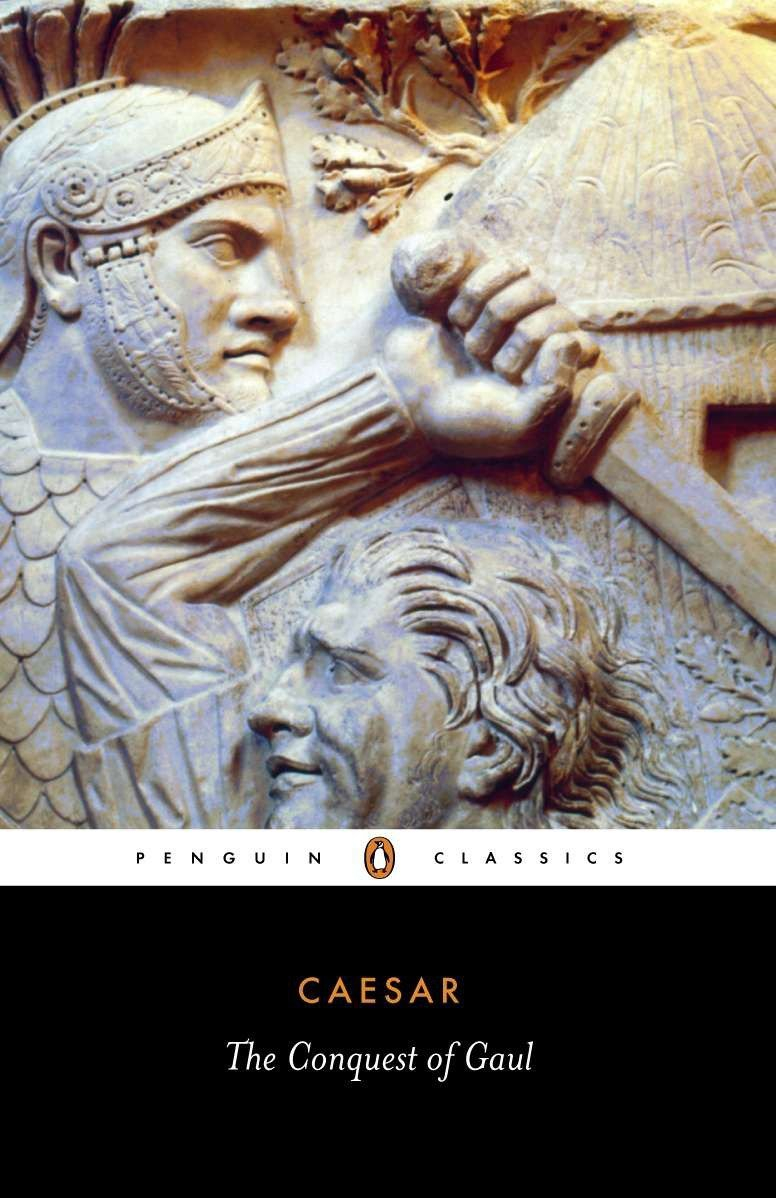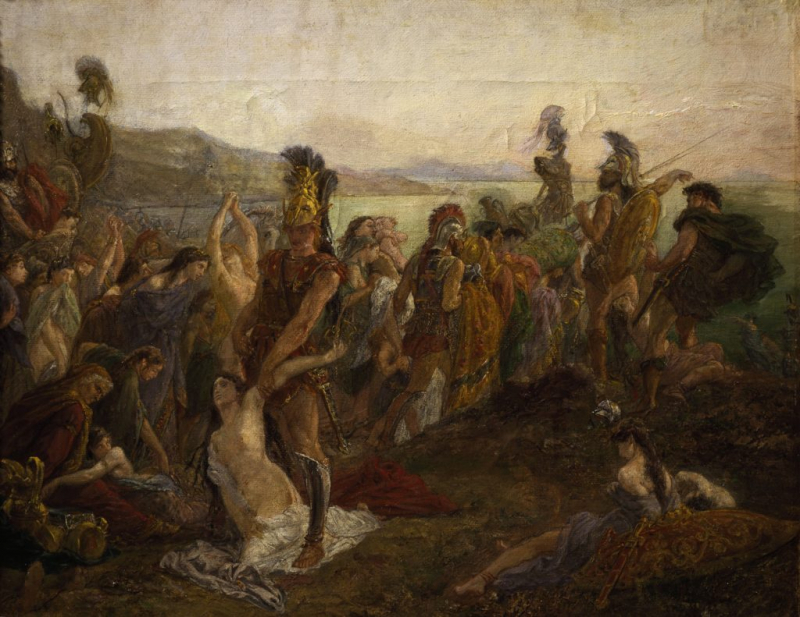Conquest of Gaul
Julius Caesar's conquest of Gaul was significant for Rome and for a man on the rise. The geographical gains alone in his eight years of Gallic Wars were immense, driving Rome off of the Italian peninsula and establishing a long-term boundary at the Rhine. Gaul (approximately modern-day France and Belgium) was a lucrative prize for a growing empire. Some of its tribes were already commercial or diplomatic partners, and were cultured and sophisticated by Roman standards.
When Caesar ventured out into Gaul, he may have been preoccupied with his poor personal finances. He returned with the prestige, personal authority, and military force to win a civil war that elevated him to the position of Rome's most powerful man.
Despite its importance in Caesar's career and Roman history, this feat has been overstated in the Western tradition (as have his brief raids on Britain). In Caesar's thinking, his conquest of Gaul was most likely simply a means to an end. He was amassing the military personnel, pillage, and reputation required to obtain a free hand in the work of restructuring the Roman state and the rest of the Greco-Roman world. When seen in the broader context of world history, rather than merely the narrower context of the Greco-Roman civilisation's current daughter culture in the West, Caesar's final achievement looms far larger than his conquest of Gaul.










